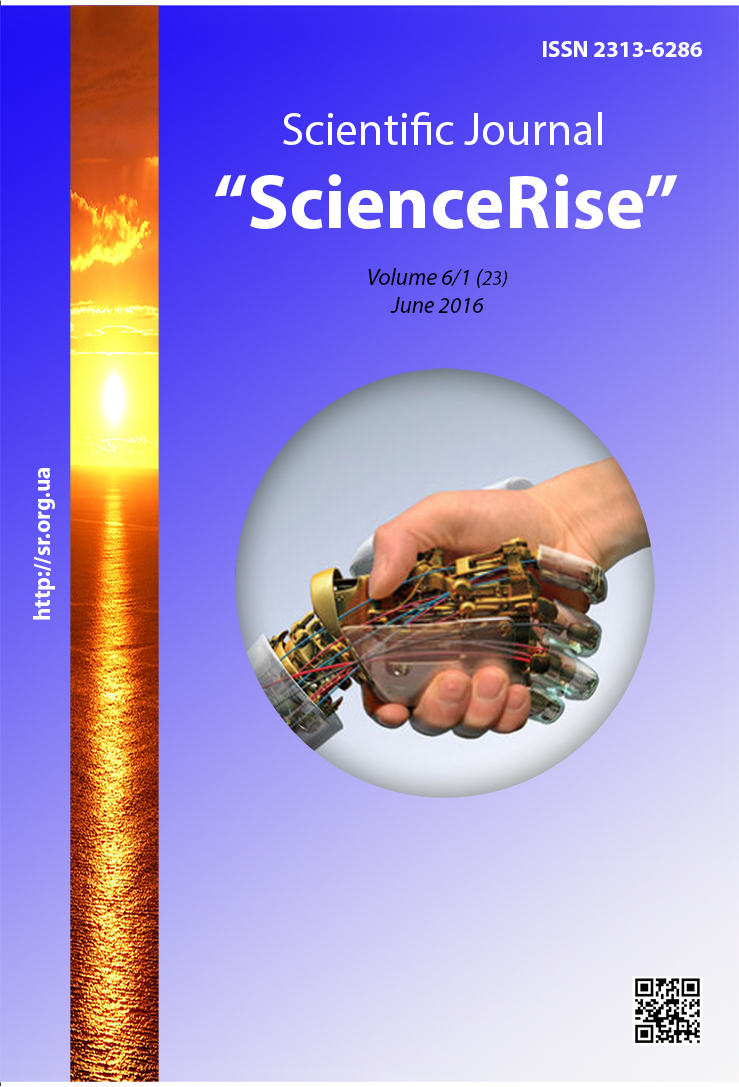Number and reality: sources of scientific knowledge
DOI:
https://doi.org/10.15587/2313-8416.2016.71546Keywords:
Pythagoras, number, digit, essence, reality, eternity, harmony, mathematics, science, philosophyAbstract
Pythagoras’s number doctrine had a great effect on the development of science. Number is the key to the highest reality, and such approach allowed Pythagoras to transform mathematics from craft into science, which continues implementation of its project of “digitization of being”. Pythagoras's project underwent considerable transformation, but it only means that the plan in knowledge is often far from resultReferences
Needham, J. (2013). The Grand Titration: Science and Society in East and West. London; New York, NY: Routledge, 368.
Spengler, O. (1926). The Decline of the West: Form and Actuality. Vol. I. New York, NY: Alfred A. Knopf, 443.
Kuhn, T. S. (1996). The Structure of Scientific Revolutions. Chicago, IL; London: The University of Chicago Press, 212. doi: 10.7208/chicago/9780226458106.001.0001
Iamblichus (1818). The Life of Pythagoras, or Pyphagoric Life. London: J. M. Watkins, 252.
Diogenes Laertius (1925). Lives of Eminent Philosophers. Vol. II. London; New York, NY: William Heinemann; G. P. Putnam’s sons, 704.
Vogel, C. J. (1966). Pythagoras and Early Pythagoreanism: An Interpretation of Neglected Evidence on the Philosopher Pythagoras. Assen: Van Gorcum & Co., 323.
Ferguson, K. (2008). The Music of Pythagoras: How an Ancient Brotherhood Cracked the Code of the Universe and Lit the Path from Antiquity to Outer Space. New York, NY: Walker & Co., 384.
Hermann, A. (2004). To Think Like God: Pythagoras and Parmenides, The Origins of Philosophy. Las Vegas, NV: Parmenides Publishing, 374.
Kahn, C. H. (2001). Pythagoras and the Pythagoreans: A Brief History. Indianapolis, IN; Cambridge, MA: Hackett Publishing Company, 194.
Russell, B. (1947). History of Western Philosophy. London: George Allen and Unwin, 916.
Hegel, G. W. F. (1892). Lectures on the History of Philosophy. Vol. I. London: Kegan Paul, Trench, Trübner & Co., 487.
Aristotle (1998). Metaphysics. London: Penguin, 460.
Plotinus (1988). Ennead. Vol. VI. Cambridge, MA: Harvard University Press, 352.
Plato (1997). Complete Works. Indianapolis, IN; Cambridge, MA: Hackett Publishing Company, 1808.
McKirahan, R. D. (2010). Philosophy Before Socrates: An Introduction with Texts and Commentary. Indianapolis, IN; Cambridge, MA: Hackett Publishing Company, 494.
Halapsis, A. (2006). Sotsialnoe prognozirovanie i sinergeticheskaya model kultury [Social forecasting and synergetic model of a culture]. Philosophy, Culture, Life, 26, 36–48.
Halapsis, A. (2016). Marcus Aurelius and the concept of apotheosis in the ancient worldview. ScienceRise, 4/1 (21), 54–59. doi: 10.15587/2313-8416.2016.67547
Galilei, G. (2008). The Essential Galileo. Indianapolis, IN; Cambridge, MA: Hackett Publishing Company, 380.
Halapsis, A. (2016). Historical process and heavenly management: Hesiod’s message. ScienceRise, 5/1 (22), 63–70. doi: 10.15587/2313-8416.2016.69142
Downloads
Published
Issue
Section
License
Copyright (c) 2016 Алексей Владиславович Халапсис

This work is licensed under a Creative Commons Attribution 4.0 International License.
Our journal abides by the Creative Commons CC BY copyright rights and permissions for open access journals.
Authors, who are published in this journal, agree to the following conditions:
1. The authors reserve the right to authorship of the work and pass the first publication right of this work to the journal under the terms of a Creative Commons CC BY, which allows others to freely distribute the published research with the obligatory reference to the authors of the original work and the first publication of the work in this journal.
2. The authors have the right to conclude separate supplement agreements that relate to non-exclusive work distribution in the form in which it has been published by the journal (for example, to upload the work to the online storage of the journal or publish it as part of a monograph), provided that the reference to the first publication of the work in this journal is included.

